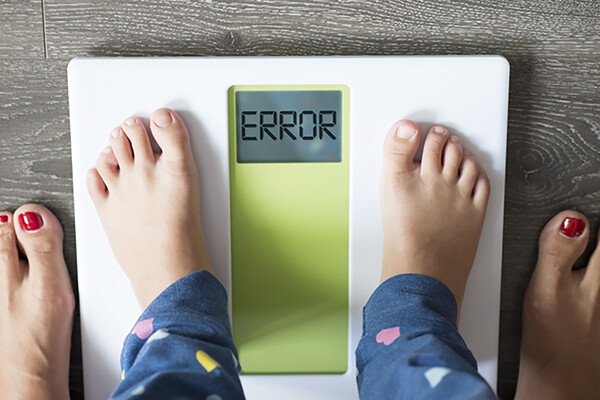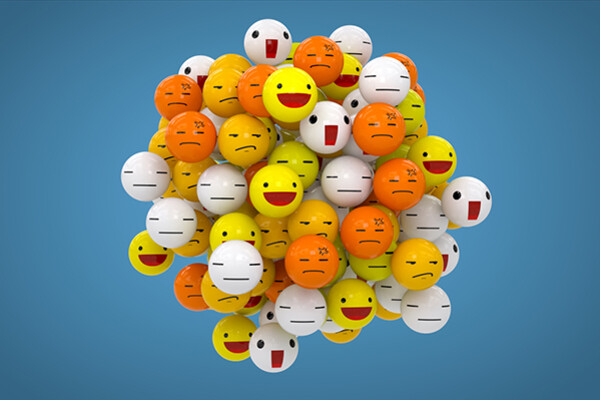5/2
Behavioral Health
What is a ‘mass shooting’ and how do we talk about gun violence?
In a Q&A, criminologist Richard Berk discusses why definitions matter and what role social media and mental illness play in this context.
Uncovering the roots of discrimination toward immigrants
New research from political scientist Nicholas Sambanis finds that religion may matter more than ethnicity in how immigrants are treated, even if they comply with local social norms.
Early and ongoing weight stigma linked to internal weight shaming
Self stigma surrounding weight is associated with poor mental and physical health, and a new study identifies key characteristics of people who are most prone to this internalization.
Cross-cultural similarities and differences in emoji usage
While the idea of emojis unifying people across language barriers is enticing, people of different cultures might not use emojis in the same way.
Advice-giving benefits the person sharing guidance
In a Q&A, Wharton postdoc Lauren Eskreis-Winkler discusses new findings that signal it may be time to shift how we think about motivation and achievement.
How doctors can help cancer patients quit tobacco
A simple set of decision-support tools combined with institutional buy-in can help increase the number of cancer patients who engage in treatment to help them quit tobacco.
Use of evidence-based therapies for youth psychiatric treatment is slow to catch on
Intensive training and practices are critical but underutilized in Philadelphia, despite city and researchers’ substantial efforts to showcase their value.
Facebook posts better at predicting diabetes, mental health than demographic info
Analyzing language shows that identifying certain groups of words significantly improves upon predicting some medical conditions in patients.
What influences how parents and their gay adolescent sons talk about sexual health at home?
Research from Penn found that even when parent-child conversations avoid heteronormative stereotypes, outside factors like mass media and religion—those beyond the parents’ control—can reinforce them.
Predicting post-injury depression and PTSD risk
Up to half of all acute injury patients experience post-traumatic stress disorder in the months after injury. For urban black men, some of whom have experienced prior trauma, childhood adversity, and neighborhood disadvantage, acute post-injury stress responses are exacerbated.
In the News
Americans are sleeping more than ever. See how you compare
Mathias Basner of the Perelman School of Medicine says that work and traveling are the major sleep killers, with the majority of traveling being commuting to and from work.
FULL STORY →
How does fat leave the body? Experts explain the weight loss process
Colleen Tewksbury of the School of Nursing and Perelman School of Medicine says that waist circumference is a more accessible and potentially more helpful measure for fat loss than stepping on a scale.
FULL STORY →
When it’s time for an aging driver to hit the brakes
Lauren Massimo of the School of Nursing says that losing the ability to drive is a major and dehumanizing loss for older adults.
FULL STORY →
Many parents give their children melatonin at night. Here’s why you may not want to
Ilene Rosen of the Perelman School of Medicine supports practicing proven-bedtime-routine behaviors and avoiding bright lights and electronics in the bedroom to encourage the body’s natural production of melatonin.
FULL STORY →
Why are older Americans drinking so much?
David Oslin of the Perelman School of Medicine says that alcohol use can have much more disastrous consequences for older adults, whose bodies cannot process it as quickly.
FULL STORY →
Best CPAP alternatives
Richard Schwab of the Perelman School of Medicine says that obstructive sleep apnea causes breathing to pause during sleep when something like the tongue or relaxed throat muscles blocks the airway.
FULL STORY →













